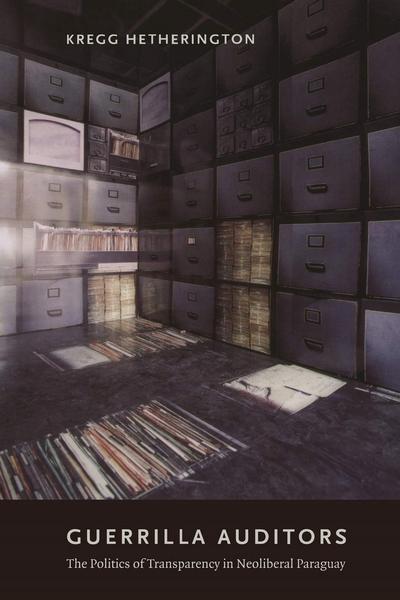[Do check out our extensive bibliographies for more readings.]
We could have also used "legibility" or "quantification" or half a dozen other synonyms, going all the way back to Max Weber. There's just too much to read on this subject; in a sense, the entire Socialist Calculation Debate could be seen as just one of the many background readings required.
John O'Neill's elaborations of Otto Neurath's position in that debate around the notion of "incommensurability" (see also this article by Thomas Uebel) might be worth reading, if only to understand the limits of calculating everything in a single register.
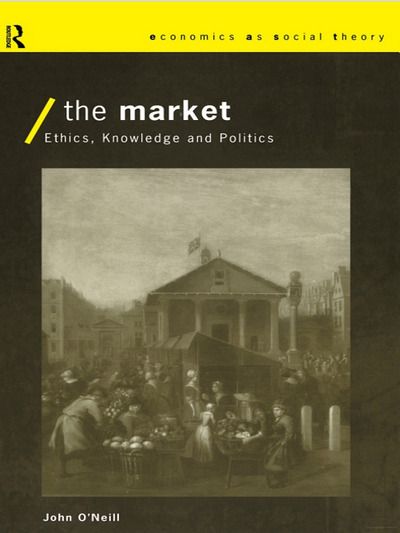
Alain Supiot's work on "governance by numbers" that we have already mentioned in discussing the "privatization of law" is very pertinent here as well. James C. Scott's Seeing Like a State is frequently cited due to its emphasis on the increased "legibility" provided by modern technologies and infrastructures of knowledge (including, of course, the blockchain). It's worth reading Fleur Johns' recent rejoinder to Scott, which argues that states have learned quite a bit from corporations, preferring prototyping to planning.
It's also worth reading a landmark 2017 article on "seeing like a market" by Fourcade and Healy; it makes the invaluable connections between data gathering, scoring, and social stratification. Scholars working in science & technology studies have done some useful analysis of markets as calculative devices.
There is, of course, vast literature on "audit cultures" and "audit society"; Michael Power's work on "rituals of verification" is likely to attract even more interest in the age of the blockchain.
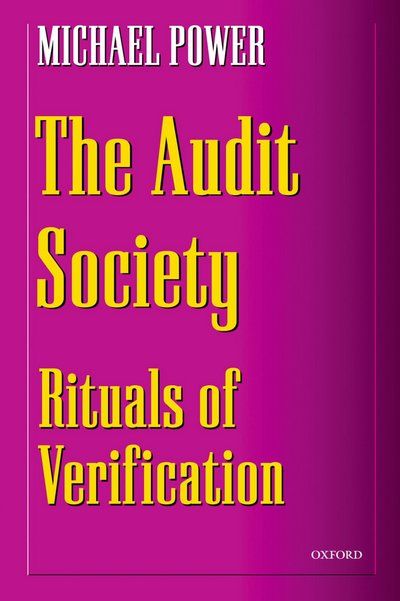
Stephen Mau, writing in both German and English, has done some amazing recent work on the "metric society." If you don't have time for his books, this recent article would also do.
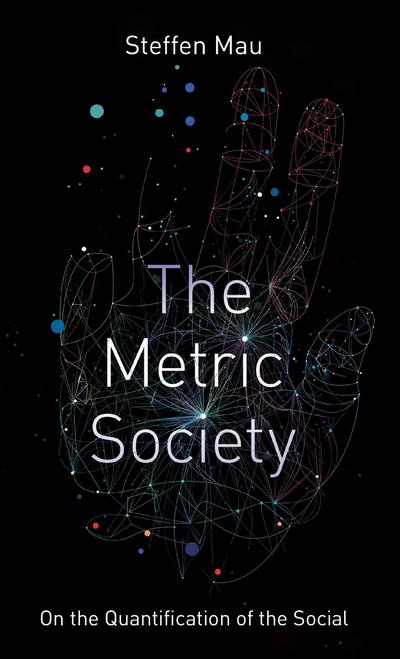
Historians of science - Lorraine Daston, Ian Hacking, Theodore Porter, Alain Desrosières, and many others - have done some of the best work on the rise of statistical thinking and reasoning. Daston and Galison's work on "mechanical objectivity" might also provide some interesting entry points into the trust-less world imagined by the blockchain enthusiasts.
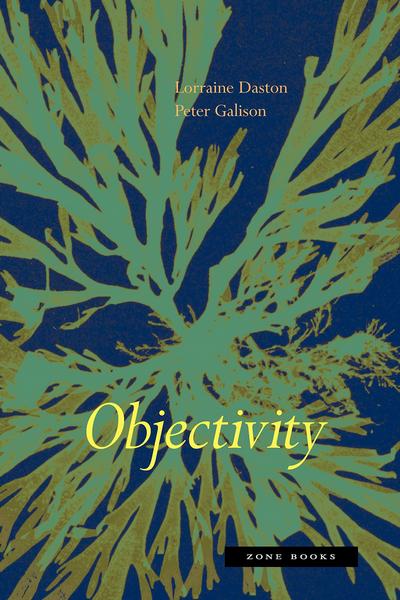
There are many interesting texts that critically examine demands for transparency in politics and administration, which often result in the reification of "audit cultures" or the introduction of new scoring and ranking mechanisms. Marilyn Strathern work (e.g. this short paper) is a must-read. Anthropologists have done some interesting field work, too (e.g. this great book on "populist transparency" and the rise of "guerilla auditors" by Kregg Hetherington). Stefanos Geroulanas has also written a fascinating intellectual history of transparency (focusing on France).
